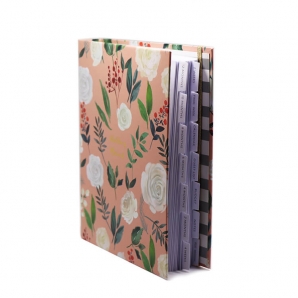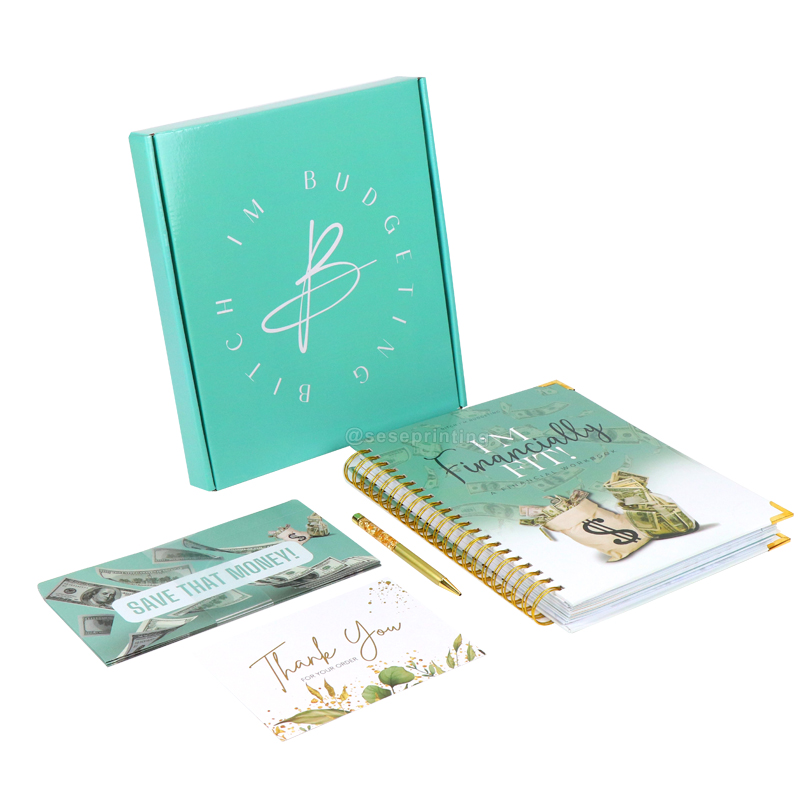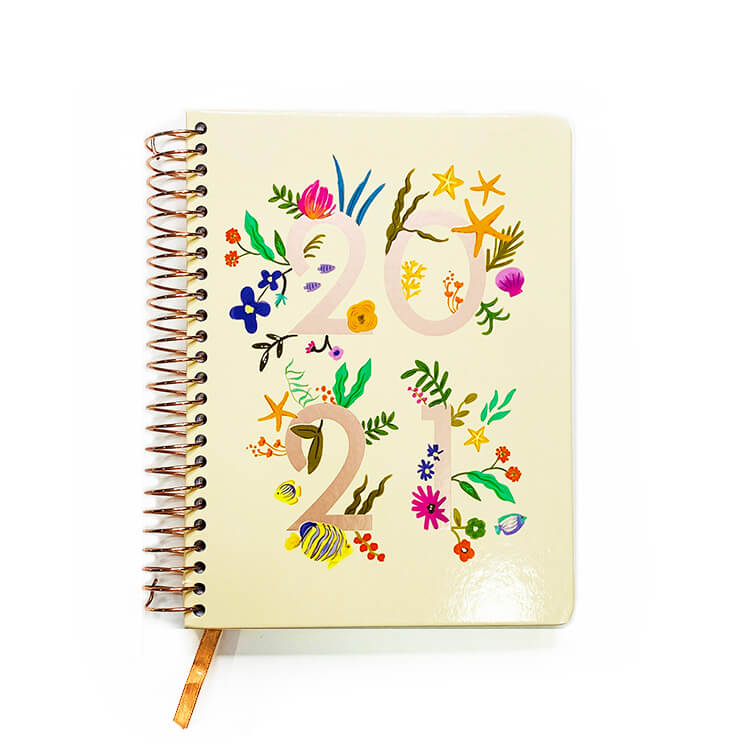Special Features
Some books just need that little something extra. From opulent cover finishes to those unique touches like end sheets, we can make sure your book stands out from the crowd. Imagining something you don’t see listed below? Get in touch to talk about your project!
Varnish
Varnish gives the pages a smooth texture and ‘seals’ the ink or toner. It can be glossy or matte and is mostly used
for high-quality reading material like coffee table books and for magazine covers. Definitely worth mentioning are
spot UV varnishes which are applied only to (a) limited part(s) of the page or cover and then cured by UV light
during the printing process, resulting in a glossy coating that adds texture and focal interest to specific areas
of the printing surface.
Lamination
Laminating a cover means adding a glossy or matte protective layer, making the surface (relatively) water resistant
and sturdier. Hence, this method is mostly chosen for softcover books. High gloss lamination is known to make
colors more vivid and images sharper. Matte lamination is more subdued, yet exudes luxury.
Foil stamping
Using heat and pressure, foil stamping is the process of applying a malleable metallic foil to specific areas of the print surface.
Embossing or debossing
Raising parts of the page or cover, e.g. a book’s title, to give it more texture is referred to as embossing.
Debossing, by contrast, indents parts of the page.





 Home
Home You May Also Like
You May Also Like





 Tel
Tel
 Email
Email
 Address
Address







